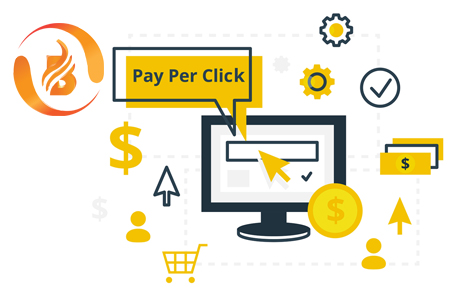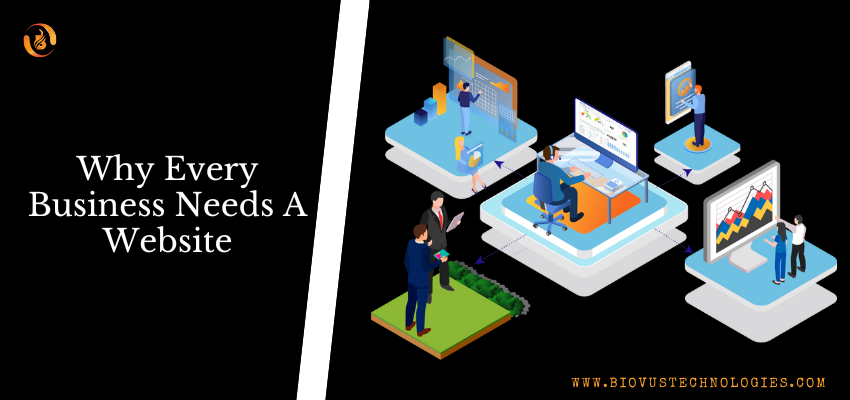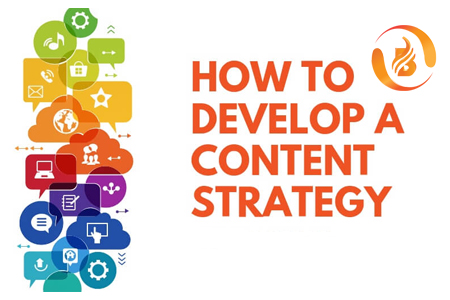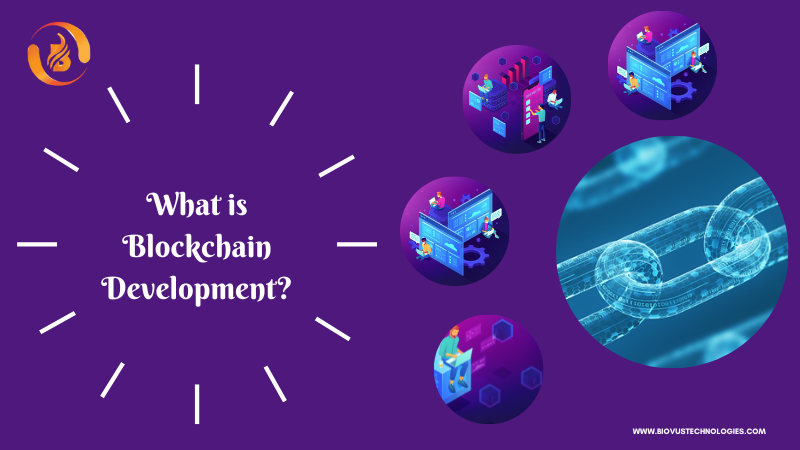What is PPC (Pay-Per-Click) advertising?
Pay-per-click (PPC) is an online advertising technique in which an advertiser compensates a publisher for each “click” on an advertisement link. The cost-per-click (CPC) model is another name for PPC. Search engines (such as Google) and social media networks are the most common providers of the pay-per-click model (e.g., Facebook). The most prominent PPC advertising platforms are Google Ads, Facebook Ads, and Twitter Ads.
How Does It Work?
PPC is a marketing channel that encompasses a variety of ad platforms, the most popular of which are Google Ads and Bing Ads.
There are several ad types inside each of these platforms, including:
- Search Ads
- Shopping Ads
- Display Ads
- Video Ads
- Gmail Ads
Most businesses begin their PPC marketing with Google Ads, simply because it provides access to the greatest audience of potential clients and consumers, as well as a variety of various ways to set up and manage campaigns based on your objectives. However, regardless of the platform or ad type, the basic principles of PPC stay the same, and it is a rather straightforward process:
- Create an account with the platform to use for advertising.
- Make advertisements (and select the right targeting by adding keywords or audiences, etc.).
- Set the maximum fee per click that you’re prepared to spend.
- Your ad gets entered into a bidding war with other advertisers for the same keywords.
- The sequence in which the adverts are shown is determined by the bidding.
- When someone clicks on your ad, you pay.
It’s simple and straightforward, and while there are some variances between different ad formats (and alternative bidding tactics that may be employed, for example), the basic concepts stay the same. But first, let’s take a look at how the auction works, as this is generally the most perplexing aspect of PPC for newcomers.
The Most Popular PPC Platforms:
When it comes to PPC, this typically entails utilizing one (or both) of the two major platforms: Google Ads and Bing Ads. Let’s take a look at these and other ad platforms to see whether they’re right for you.
Google Ads:
Google Advertisements (previously Google AdWords) is an advertising platform that lets you run search and shopping ads on Google, as well as video ads on YouTube, Gmail ads, and display ads on the Google Display Network (GDN). It is by far the most popular PPC platform, and it provides a multitude of options for almost any organization to benefit from it.
Microsoft Advertising (Bing Ads):
Bing Advertisements, previously known as Microsoft Advertising, works similarly to Google Ads in that it allows you to run ads on Bing, Yahoo, and AOL. The two platforms are relatively similar in terms of administration; the key difference is the market size and potential reach.
Google’s market share in the United States is expected to be 87.71 percent in June 2020, with Bing at 6.99 percent and Yahoo at 3.44 percent. Bing Ads, on the other hand, may still generate traffic and conversions, and the ROI is frequently rated as being superior to Google Ads, but at a smaller volume.
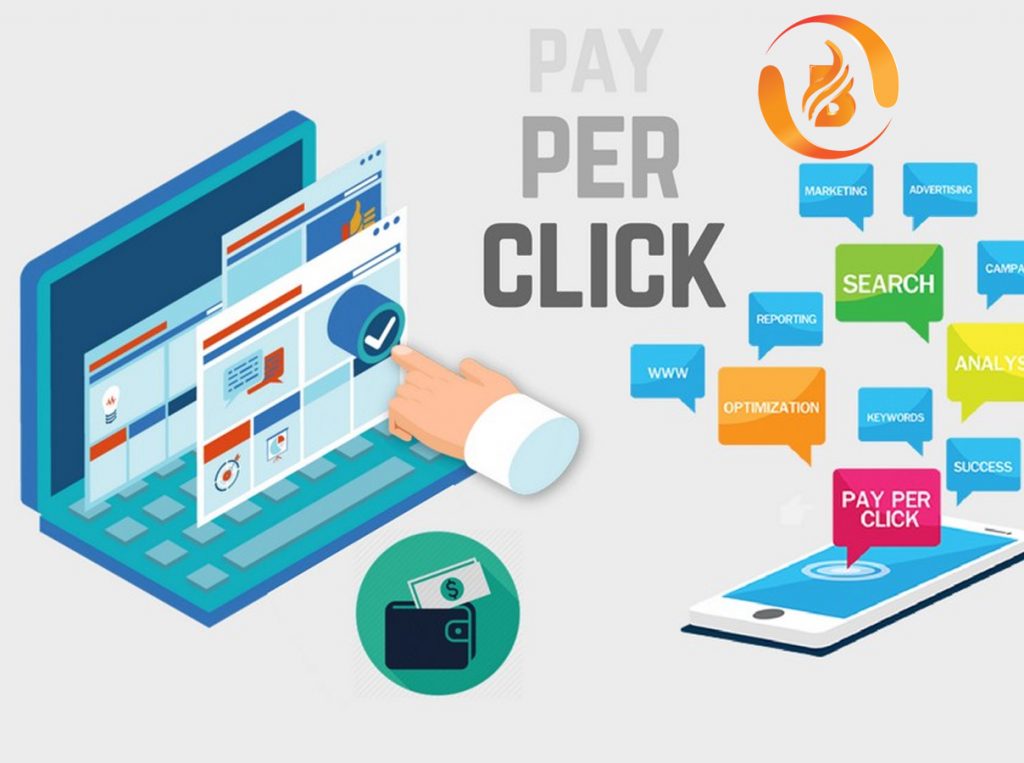
The advantages of using PPC:
PPC delivers a slew of benefits for your company, including the following:
- PPC that is well-optimized is cost-effective.
- When someone searches for a similar phrase, your ad will appear on the first page of results.
- As targeted traffic is delivered to your site, you will get more exposure and brand presence.
- For any term, you may run several ad campaigns.
- It leads to higher click-through rates (CTR), more conversions, and better income.
- Provides immediate traffic
If PPC is working properly, the return on ad spend (ROAS) should be high, as a visit to your site should be worth more than the cost of the visit. However, setting together a great PPC campaign is more complicated than simply paying for clicks and obtaining visitors. It entails selecting the appropriate keywords, organizing them into well-organized campaigns and ad groups, and creating conversion-optimized PPC landing pages.
It’s critical to understand the best practices for running a PPC campaign, since search engines will reward relevant, well-targeted PPC campaigns with lower-cost ad clicks. If your advertising are gratifying and beneficial to users, Google will lower your cost per click, resulting in a bigger profit.
Visit us on: www.biovustechnologies.com

